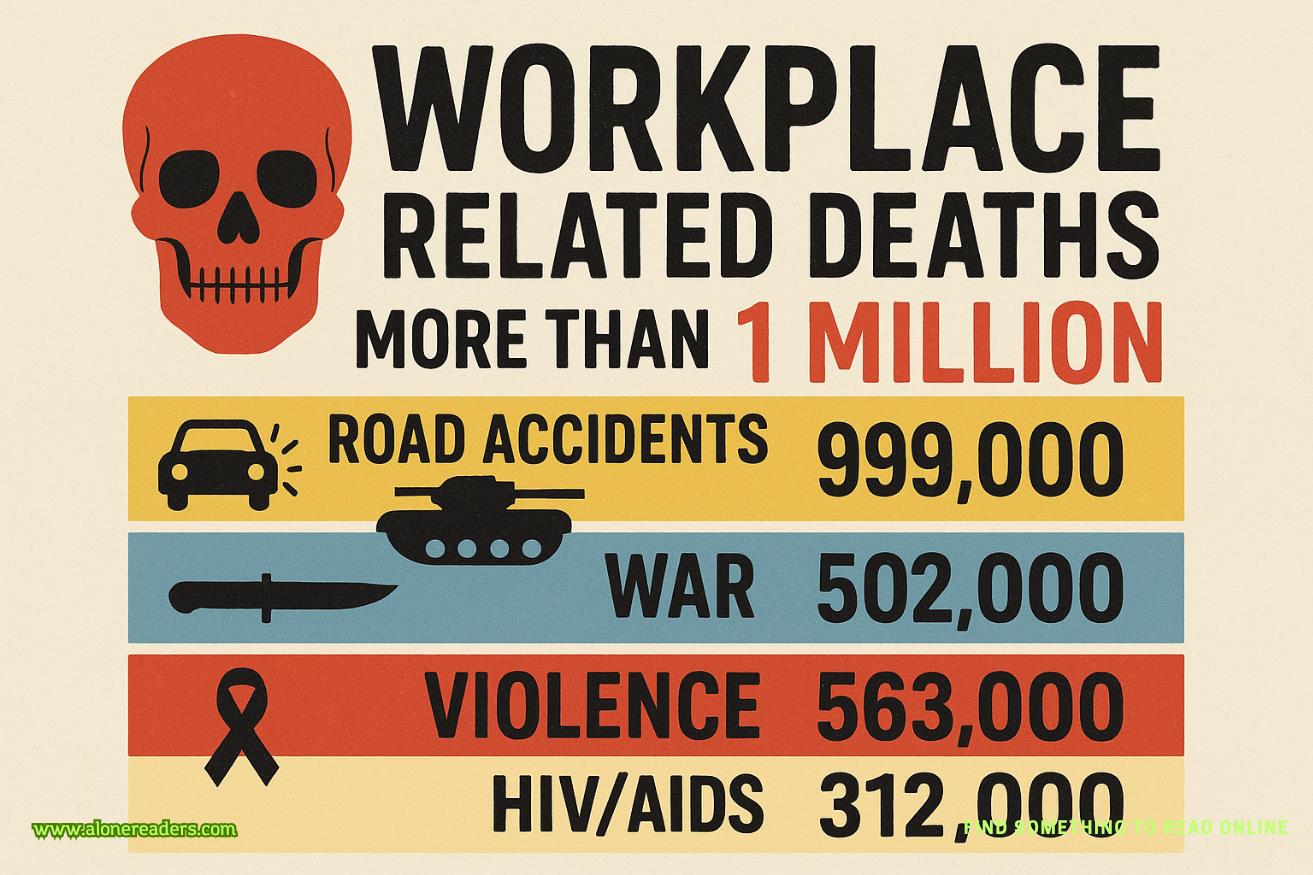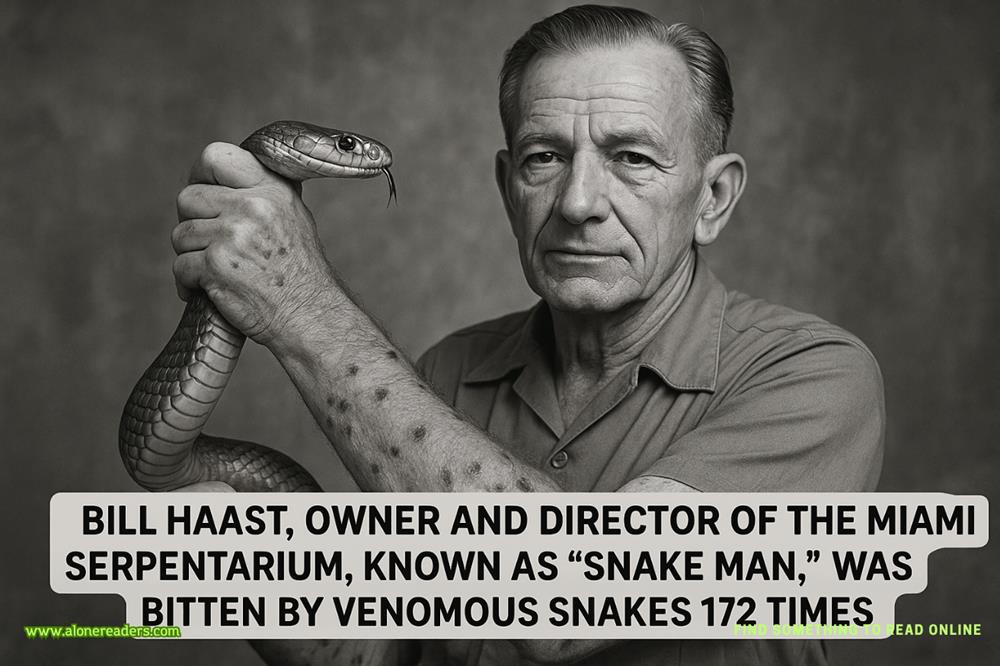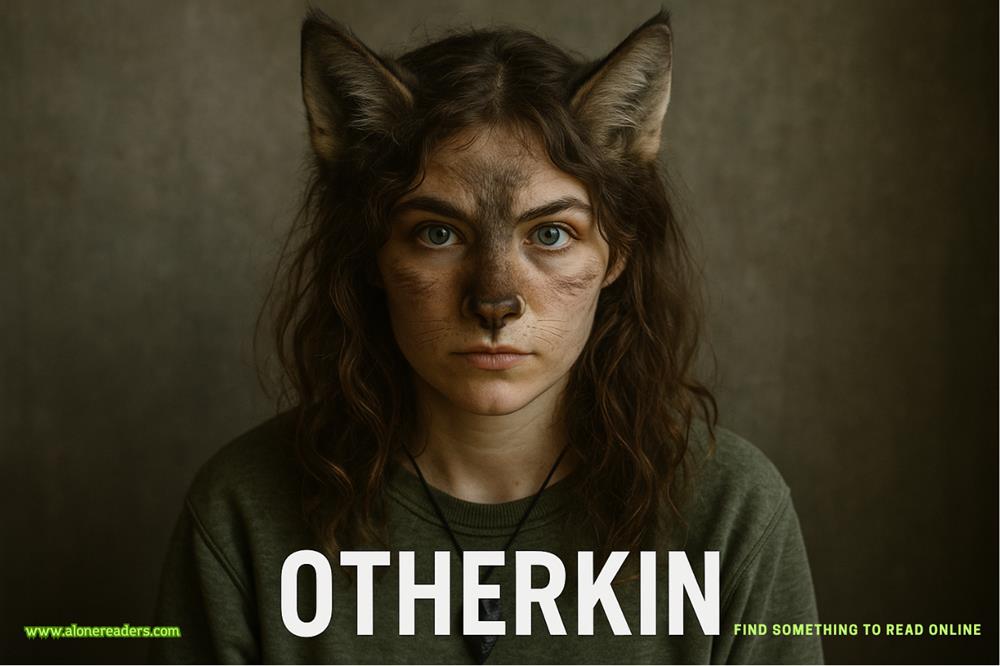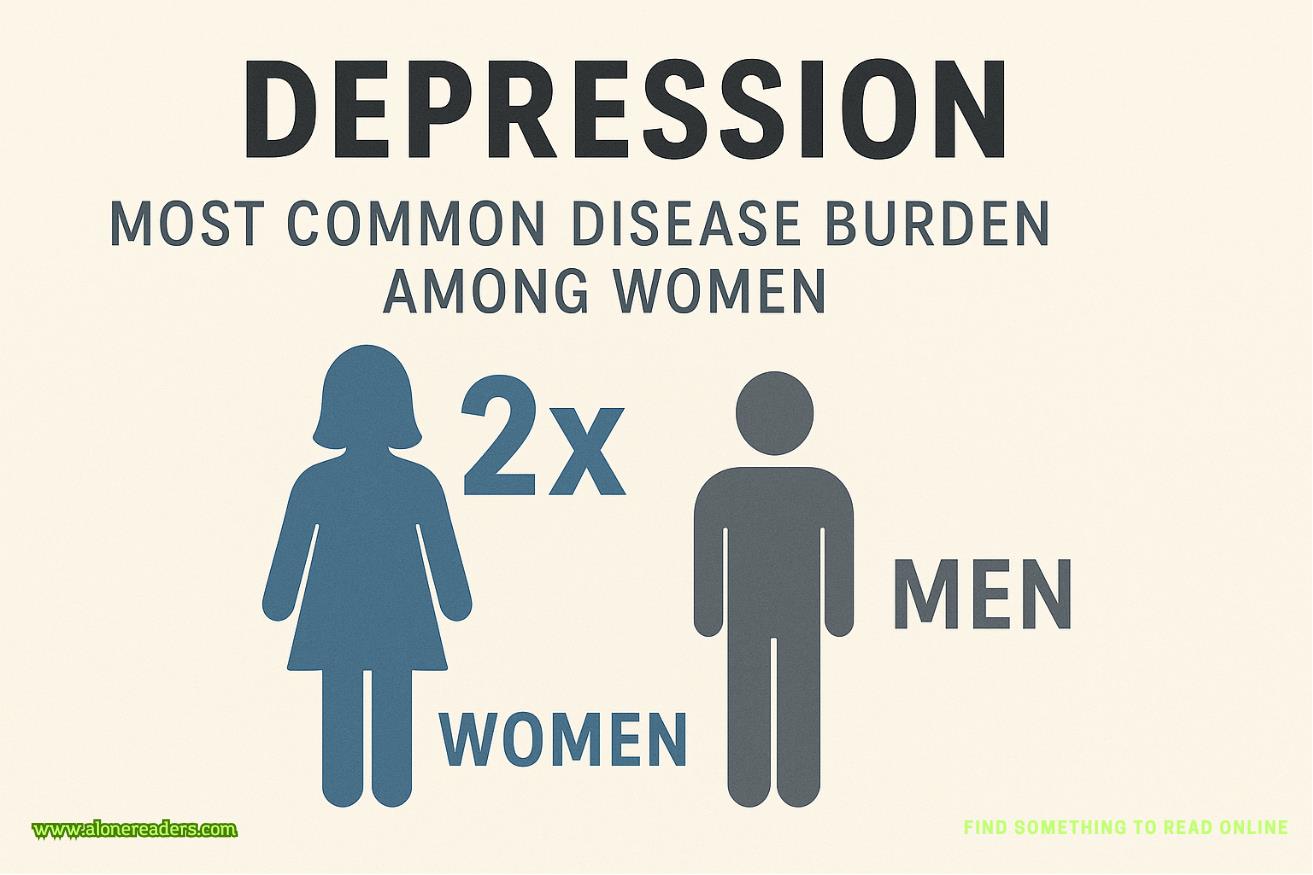Page 16 of Mountain of Mirrors and Starlight
Aislinn didn’t know why he was sneering at her title in such a way, and it erased any gratitude she might have felt for the safe return of her mount.
“Prince,” she returned. “I’d bow but I’m in pain and also I don’t want to.”
“Play nicely, children,” Minerva said, appearing behind her. “It’s almost dinner time.”
The dwarves immediately set to work laying out the table, each moving around the space like clockwork marionettes.
“I’m Diana,” announced one of the dwarves that had come in with Caerwyn and the others. Her dark brown skin bore patches of ink-blue, freckled white like snatches of starlight. Aislinn had never seen anything like it.
“Aislinn,” she repeated, wishing she could offer one of the mortal sayings— ‘it’s nice to meet you’ and ‘it’s a pleasure’ were far more polite, although rarely true. ‘It may be nice to meet you, but I need more time to be sure’ seldom sat well with people.
Diana passed Aislinn a plate and steered her into a nearby seat. Someone else got her a pillow.
“And, um, who are you?” Aislinn asked, turning to a bronze-skinned dwarf with hair like fire who was deconstructing something beside her.
“That’s Magna, pet,” Diana said, “but she doesn’t speak with her tongue.”
“Yeah, she’s got better things to do,” Bell added, passing her a gear that had sprung free. Magna snatched the gear from her fingers with the enthusiasm of a squirrel with a nut, and added it to her methodically organised collection. It seemed extremely important to her.
“Don’t be worried if she doesn’t look you in the eyes or ignores you for a while whilst she gets used to you. It’s just her way.”
Aislinn shrugged. “My Aunt Aoife rarely looks me in the eyes and she’s known me my whole life. That’s her way, too.”
“Mortals would say she was a changeling,” Caerwyn spoke up, looking Aislinn in the eye for the first time since his rude arrival. “A faerie child left in place of their own. I daresay that’s not the truth?”
“Absolutely not,” said Aislinn, leaving out that fact faeries absolutely did use to kidnap mortal children who caught their fancy in centuries gone by… they’d just never leave one of their own in its place. Faerie children were considered far too valuable to abandon. Caerwyn already seemed wary of the fae and she wasn’t going to give him more ammunition.
“Sit down, Caer,” Minerva instructed.
Caerwyn stilled. There was only one space left at the table; the seat next to Aislinn.
“But—” he started.
Minerva fixed him with a steely look, and he slid obediently into the space, tugging down the cuffs of his turned-up sleeves over his tanned, veiny arms.
Aislinn tried not to stare. Faerie arms were usually slender and willowy—they didn’t look like that, didn’t have tiny pink scars on them, like he’d been touched by flecks of fire. A few of her mortal acquaintances were more robust—and one of her oldest friends, a half-minotaur named Daisy. But Daisy was justDaisyto her—a warm, horned, grey-skinned presence that had been in life since she was born. She’d never once admired his arms before.
Looked,she told herself.You’ve never oncelookedat his arms before.
She tore her gaze away from Caerwyn’s arms—now safely stowed beneath the frayed blue sleeves of his shirt—as a bowl was placed on top of her plate, accompanied by a hunk of fresh, crusty bread. A warm, lightly spiced scent wafted through her nostrils.
“Turnip and rabbit stew,” Luna declared, catching Aislinn’s look. “I do hope you like it.”
Everyone dug in immediately, dunking the bread into the food, slurping it up, demanding seconds. Whilst not as rich or fancy as anything back in Faerie, Aislinn had to admit the food was delicious.
“Eat everything on your plate,” Caerwyn whispered. “And feel free to ask for more.”
“What? Why?”
“It’s a dwarf thing. It’s rude to leave anything on your plate, and good manners to ask for more. They love feeding people. Just do it. It’s dwarf rule number three and four.”
“What’s one and two?”
“Um, drinking is good and braids are always in fashion? Look, I’m not sure they’re properly numbered, I just know to eat and drink when I’m told.”
The dwarves ate, and drank, and laughed as they did both, about everything and nothing in particular. From time to time, they’d turn to her, asking her questions about her life in Acanthia and what she liked to do for fun. Simple, kind, non-probing questions.
It almost felt rude to ask them about what they were doing here.















